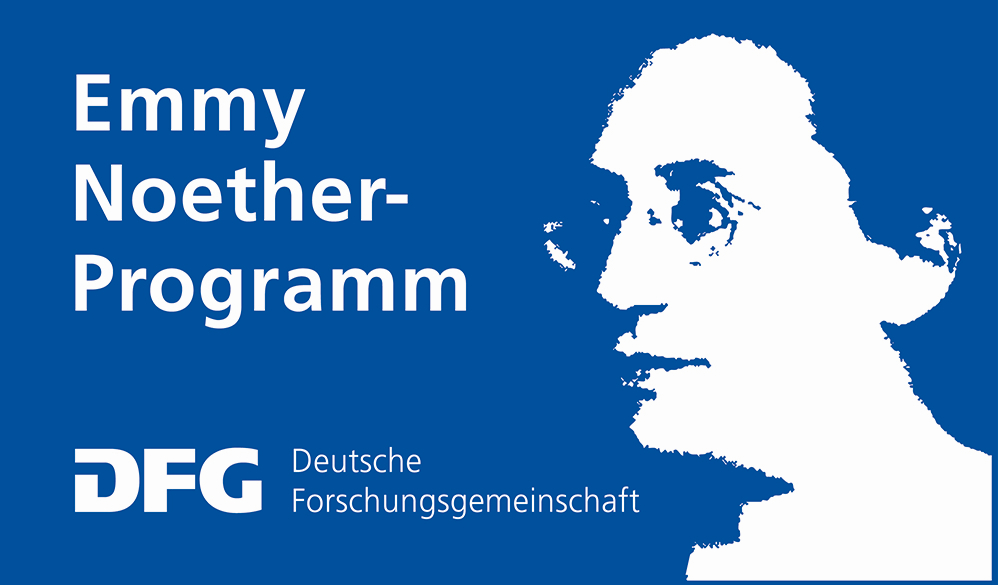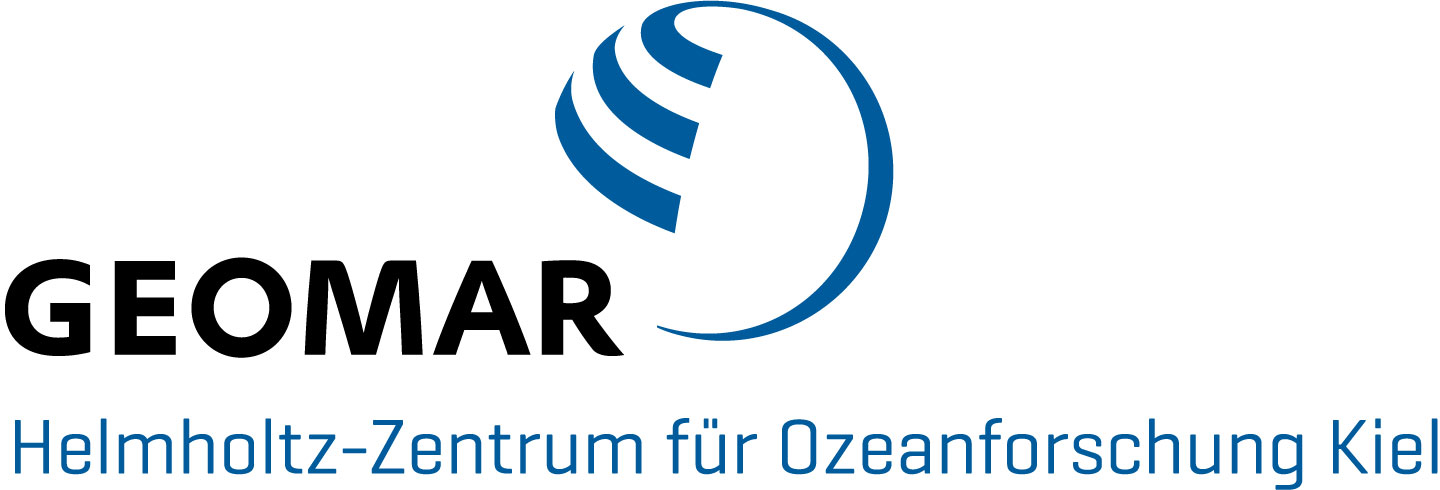
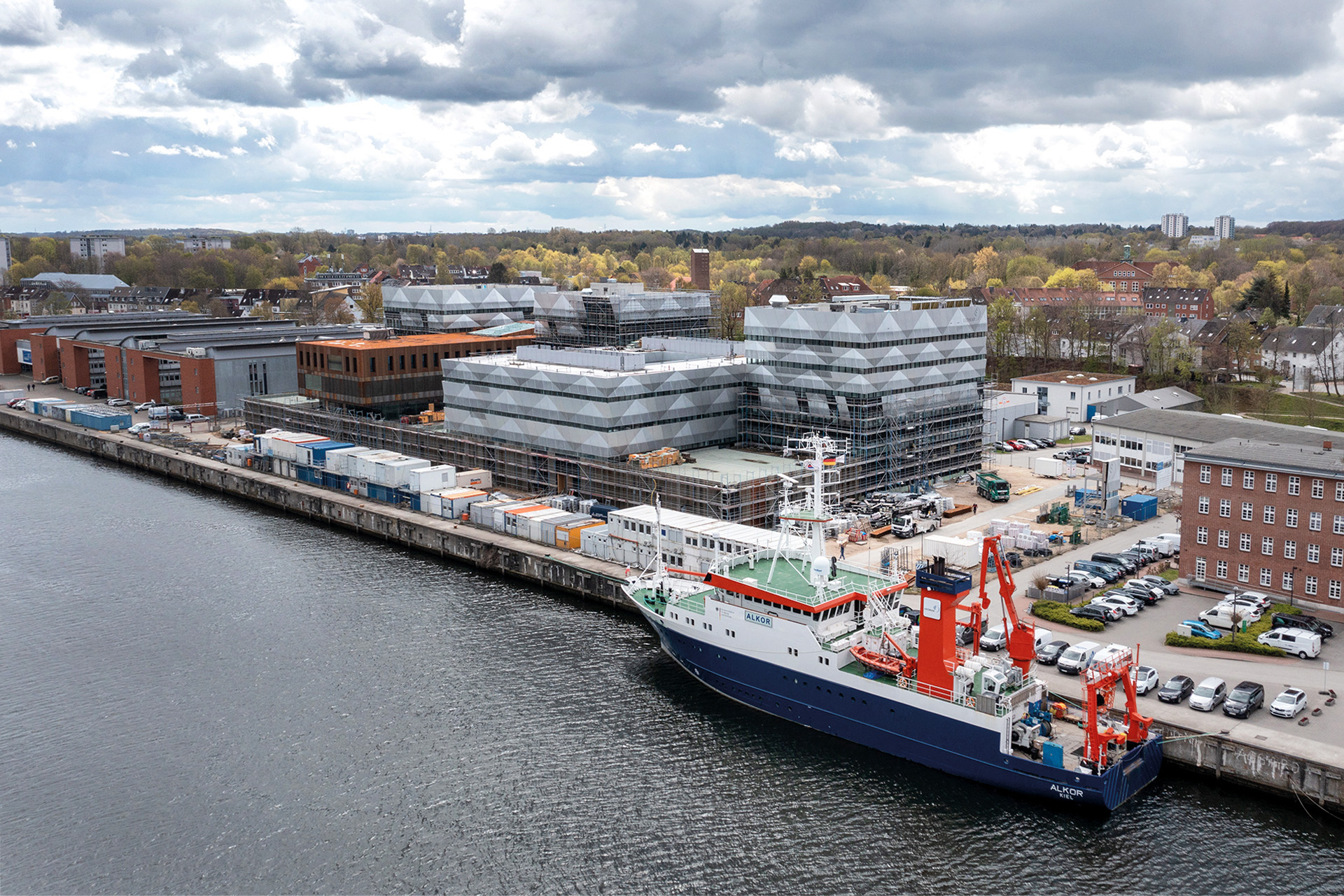
Who we are
The Harter Lab is part of the Experimental Ecology and Marine Ecology (RD3) groups at the GEOMAR Centre for Ocean Research in Kiel (find us here). GEOMAR is part of the Helmholtz Association, one of the largest research organizations in Germany (alongside the Max-Planck and Frauenhofer Societies, among others). The overarching goal of our combined research efforts is to understand the biological mechanisms that determine the resilience of marine organisms to anthropogenic environmental change, such as global warming, ocean acidification, eutrophication and pollution.
What we do
We use an integrative comparative approach to study red blood cell function across species and multiple levels of biological organization. Our goal is to understand the cellular mechanisms by which red blood cells enable a continuous supply of oxygen to every cell in vertebrates, over a broad range of environmental and metabolic conditions.
Red blood cells are the most abundant cell type in vertebrates (~80% of endogenous cells) and have well-established roles in transporting oxygen throughout the circulation. However, our research shows that red blood cell are not simply bags full of haemoglobin – they are active cells that participate in regulating the fine balance between microvascular oxygen supply and demand. All non-mammalian species have nucleated red blood cells that remain transcriptionally active, have mitochondria and a highly aerobic metabolism – providing exceptional opportunities to study their function by molecular tools and respirometry. Some fish red blood cells have adrenergic transporters that are translocated into the membrane to regulate intracellular pH and the transport of oxygen by extremely pH-sensitive haemoglobins (read our paper) – a mechanism that allows salmon to complete their strenuous upriver spawning migrations (read our paper). Our recent work also found a novel acid-base sensors in the red blood cells of rainbow trout that regulates ion transporters and oxygen unloading at the tissues (read our paper). In deer mice, red blood cells show significant phenotypic plasticity in response to environmental hypoxia, and red blood cell adaptations in high-altitude natives may enable their higher aerobic performance in hypoxia (stay tuned for our paper). And finally some extremophile Antarctic icefishes do not express red blood cells at all, instead, their gills have taken on the function of catalyzing carbon dioxide excretion (read our paper). We believe that studying the exceptional diversity in vertebrate red blood cell function may reveal naturally evolved solutions to overcome disruptions in oxygen transport – a root cause of many human health conditions and a bottleneck in the survival of fishes to anthropogenic environmental change.
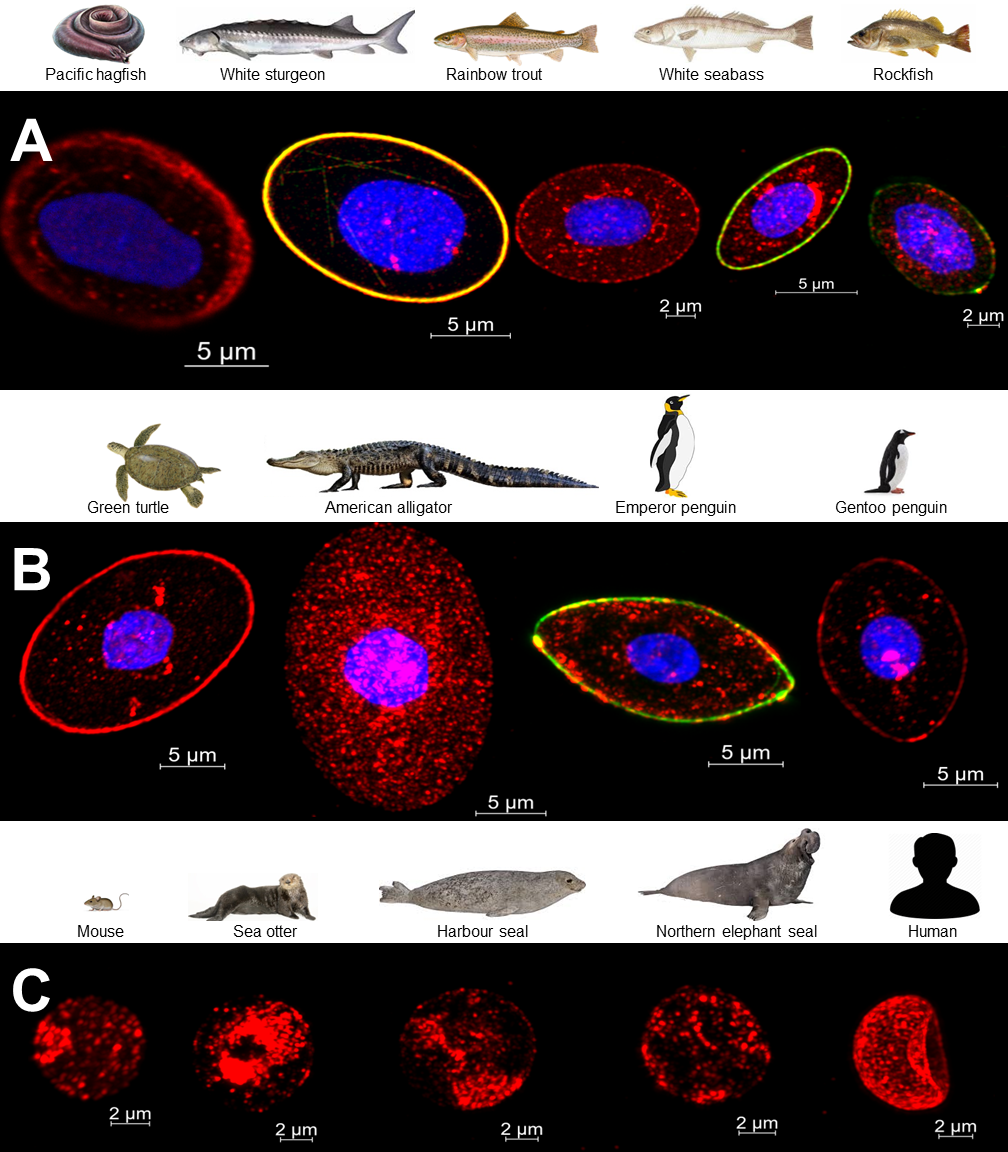
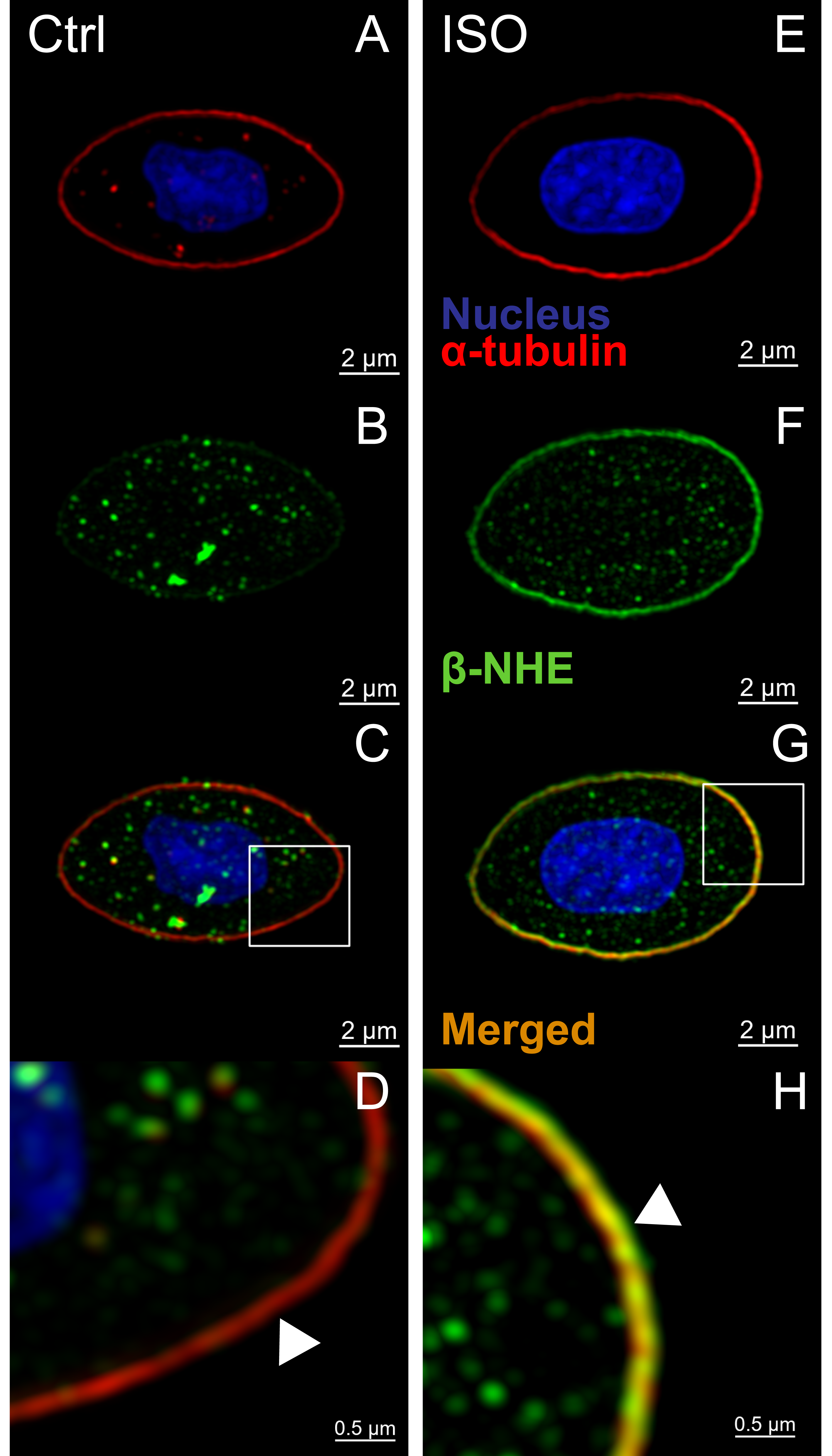
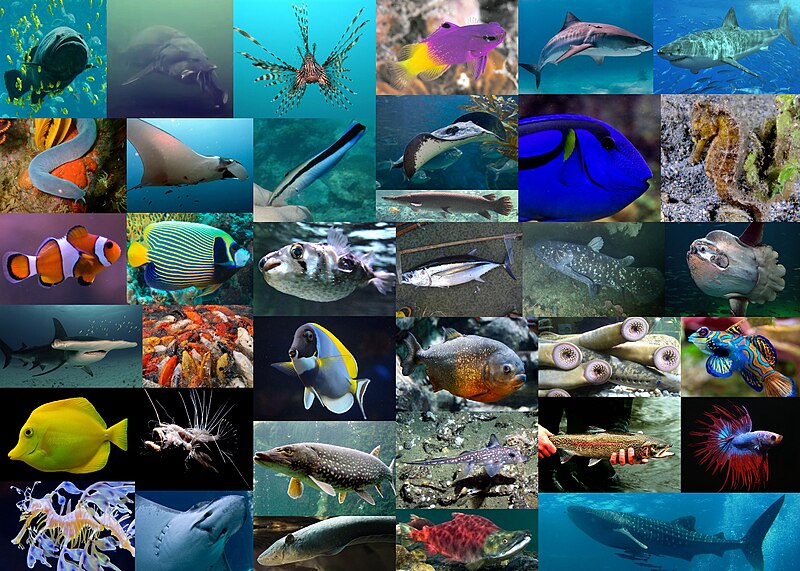
Our values
We are a young and dynamic group of researchers with a genuine curiosity in understanding the biological world around us. In the Harter Lab we believe that working in diverse, collaborative and international research groups is important, more enjoyable and enhances scientific outcomes through synergy, creativity, and varied perspectives. We believe that all animals should be treated humanely and respectfully, especially when their use in scientific research is unavoidable. Finally, we believe that transparency and reproducibility are the foundations of good science, and that all research outcomes should be broadly accessible to other scientists and especially the general public that funds our work.
Our Funding
Our work is funded through an Emmy Noether grant from the German Research Foundation (DFG). This program: i) aims to attract exceptionally qualified early career researchers (back) to Germany; ii) provides the means to lead an independent junior research group for a period of six years; and iii) recipients satisfy the prerequisites for appointment as full university professors in the German system (i.e., habilitation).
